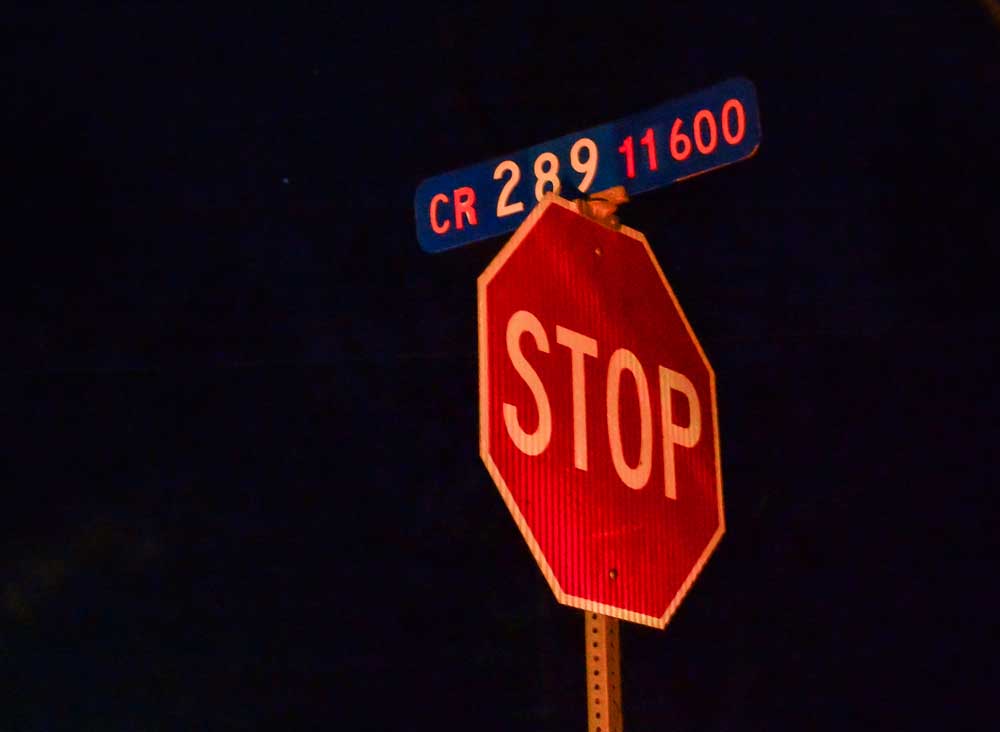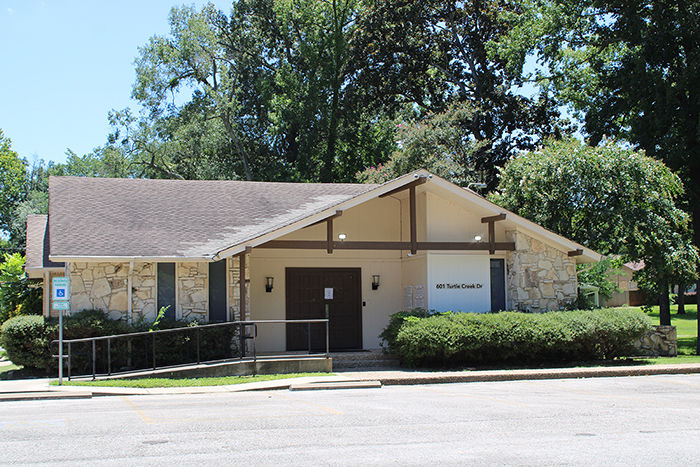Corruption probes should be reformed
Published 9:10 pm Wednesday, March 18, 2015
A fundamental question raised by then-Gov. Rick Perry’s battles with the Travis County District Attorney’s office was this — why is an official elected in Travis County policing the entire state government?
The theory, of course, is that what happens in Austin stays in Austin — that is, crimes committed in the state capital should be prosecuted there.
Trending
But what the Travis County Public Integrity Unit has become is a partisan tool of the Democratic Party, unaccountable to anyone outside of that county.
And that’s why the Texas Senate is right to move the duties of the Public Integrity Unit to the Attorney General’s office.
“Under Senate Bill 10 by Sen. Joan Huffman, R-Houston, formal and informal complaints of public corruption by state officials would be first investigated by the attorney general’s office, with investigative help from a Texas Ranger, who also would have to agree that there was a reasonable suspicion of wrongdoing before the case could advance,” the Austin American-Statesman reports. “Cases that survive the review would be forwarded to a prosecutor in the home county of the suspect. Statewide officials who must live in Travis County also could have their cases heard in their previous county of residence.”
Opponents of the bill say they worry that prosecution of public officials will “become politicized.”
But they already are. Take the most famous case — the toppling of Congressman Tom DeLay. Travis County DA Ronnie Earle was out to get DeLay. Over a two-year period, Earle took his evidence to eight different grand juries. Earle eventually got his indictment, and a trial followed. He won a conviction in a Travis County courtroom in 2010, but that conviction was overturned by the Third Court of Appeals, which found there was “no evidence” of wrongdoing, and that DeLay’s political action committee did its best to comply with the law. The court issued a full acquittal.
But DeLay’s political career was over.
Trending
Then there’s the prosecution of Rick Perry, over his threat to veto funding for the Public Integrity Unit if belligerent drunk Travis DA Rosemary Lehmberg didn’t step down. Lehmberg got an indictment, and Perry was arrested, fingerprinted and booked.
Even news outlets unfriendly to Perry say Lehmberg is wrong. The New York Times says it “appears to be the product of an overzealous prosecution.”
Clearly, the system is already politicized. Taking prosecutorial powers from Travis County politicians and giving them to officials elected statewide is a good step. It injects some sorely needed accountability.
Allowing for officials to be prosecuted in their home counties is also a positive step. As the Statesman points out, “Home-county prosecution would increase the public’s confidence in the process and allow voters increased participation by sitting on grand juries and, if the case against a public official goes to trial, on juries.”
Oddly, one group opposing the bill says it would erode “local control” by taking powers from the Travis County DA. That’s ridiculous.
The bill is a win for local control, for accountability, and for common sense.







